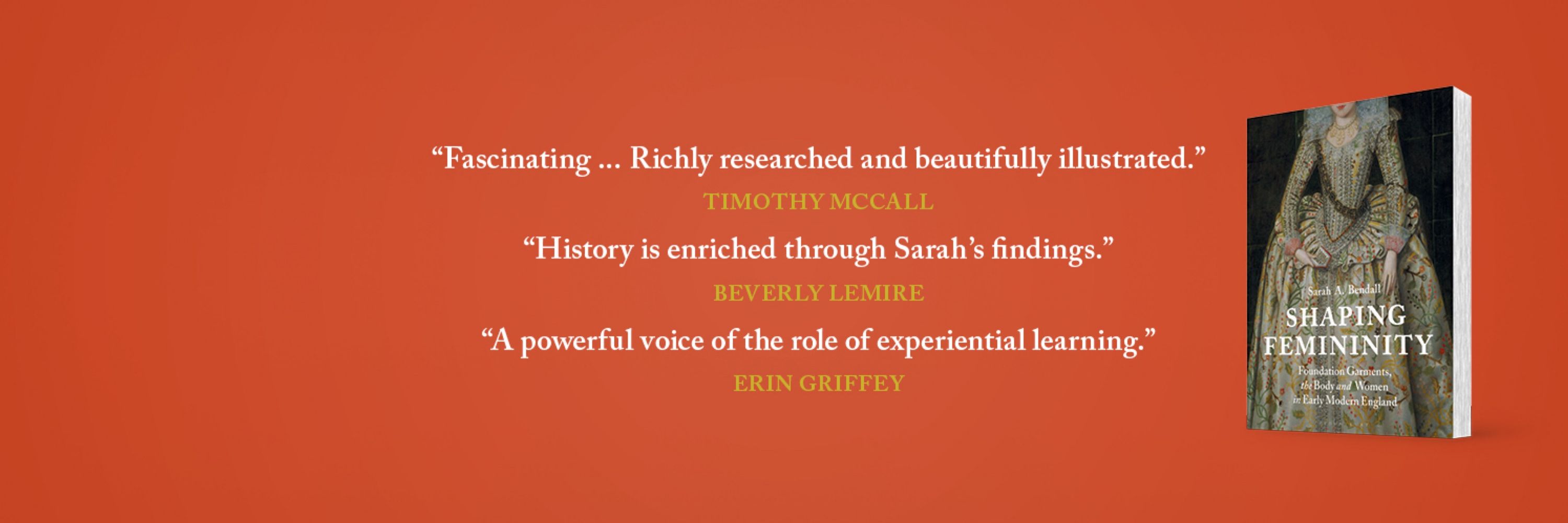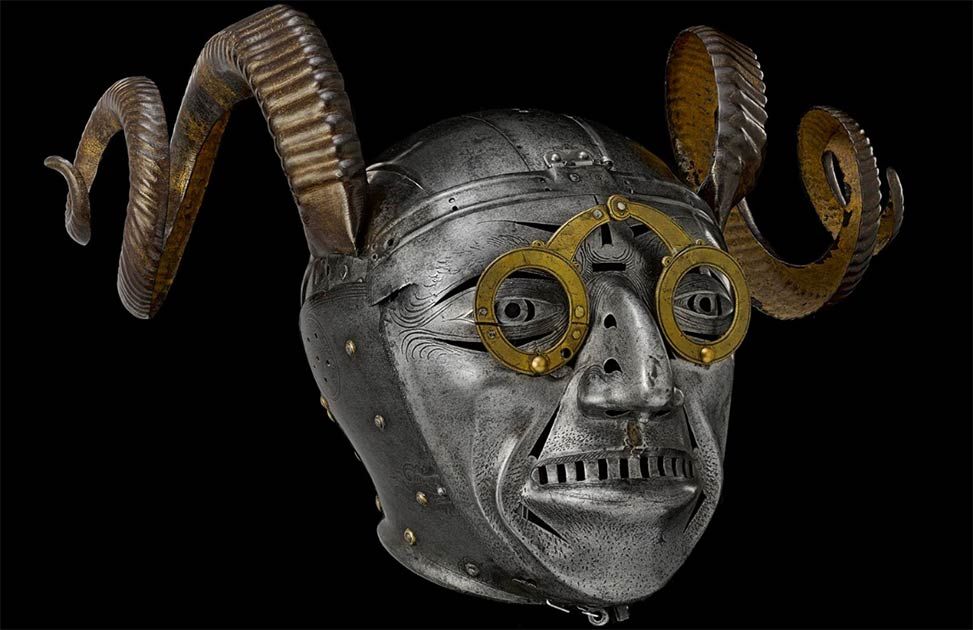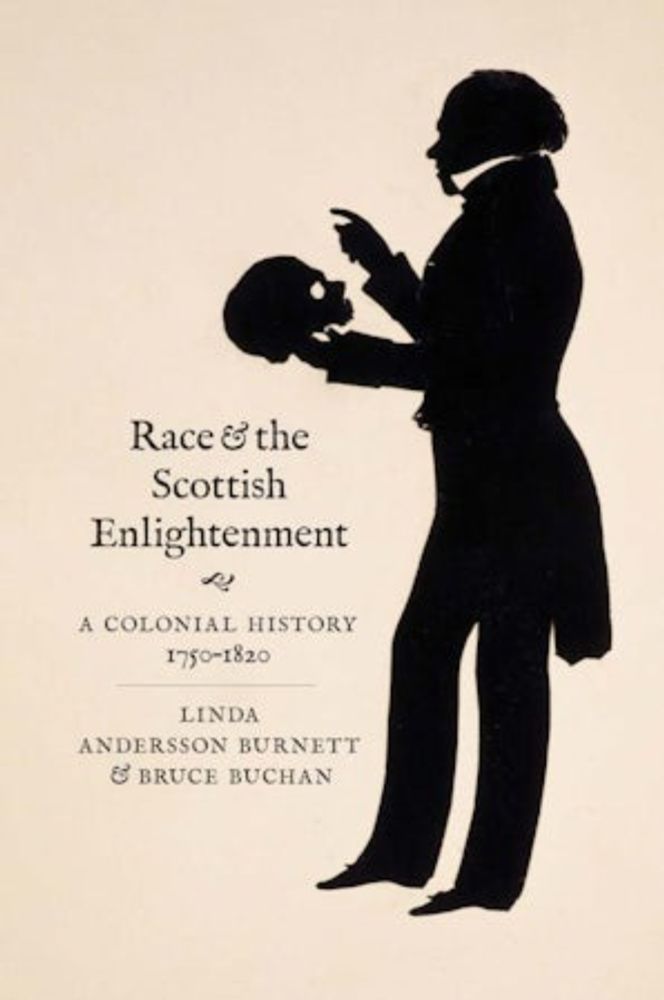Sarah Bendall
@sarahabendall.bsky.social
4.4K followers
2.9K following
140 posts
Material Culture & Gender Historian | Trade, Production & Consumption of Fashion, 1500-1800 | Recreation & Making |📖 Shaping Femininity (Bloomsbury) | Co-I AHRC Making Historical Dress Network | 👩🏻🏫Senior Lecturer | sarahabendall.com
Posts
Media
Videos
Starter Packs
Pinned
Reposted by Sarah Bendall
Reposted by Sarah Bendall
Reposted by Sarah Bendall
Reposted by Sarah Bendall
Reposted by Sarah Bendall
Reposted by Sarah Bendall
Sarah Bendall
@sarahabendall.bsky.social
· Aug 29
Reposted by Sarah Bendall
Sarah Bendall
@sarahabendall.bsky.social
· Aug 29
Sarah Bendall
@sarahabendall.bsky.social
· Aug 29
Reposted by Sarah Bendall
Sarah Bendall
@sarahabendall.bsky.social
· Aug 29
Reposted by Sarah Bendall
Sarah Bendall
@sarahabendall.bsky.social
· Aug 29
Reposted by Sarah Bendall
Sarah Bendall
@sarahabendall.bsky.social
· Aug 29
Sarah Bendall
@sarahabendall.bsky.social
· Aug 29
Reposted by Sarah Bendall



















